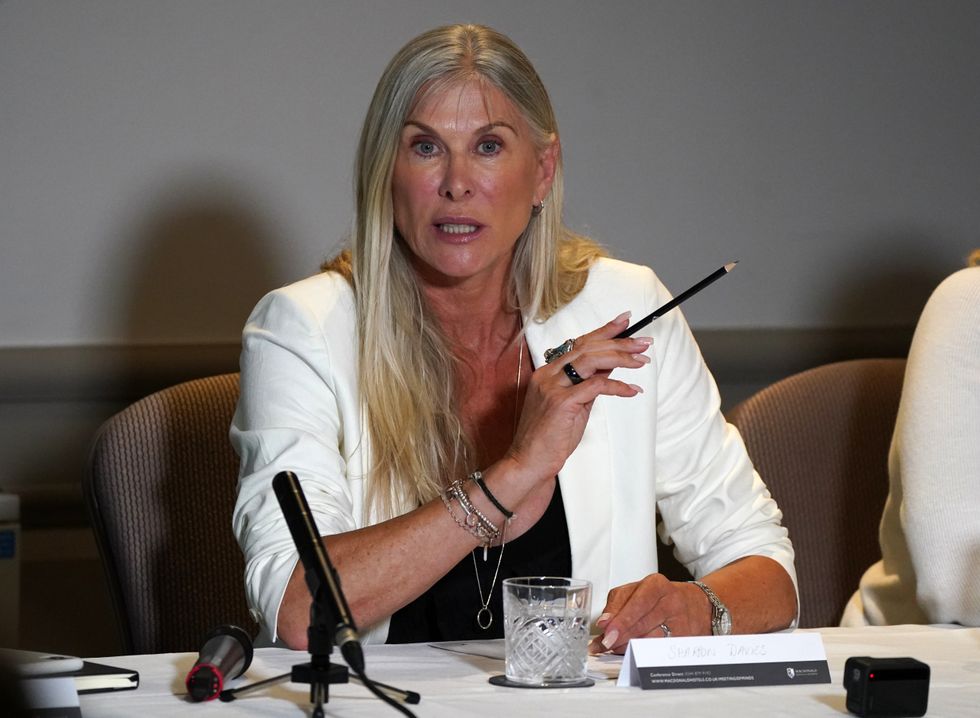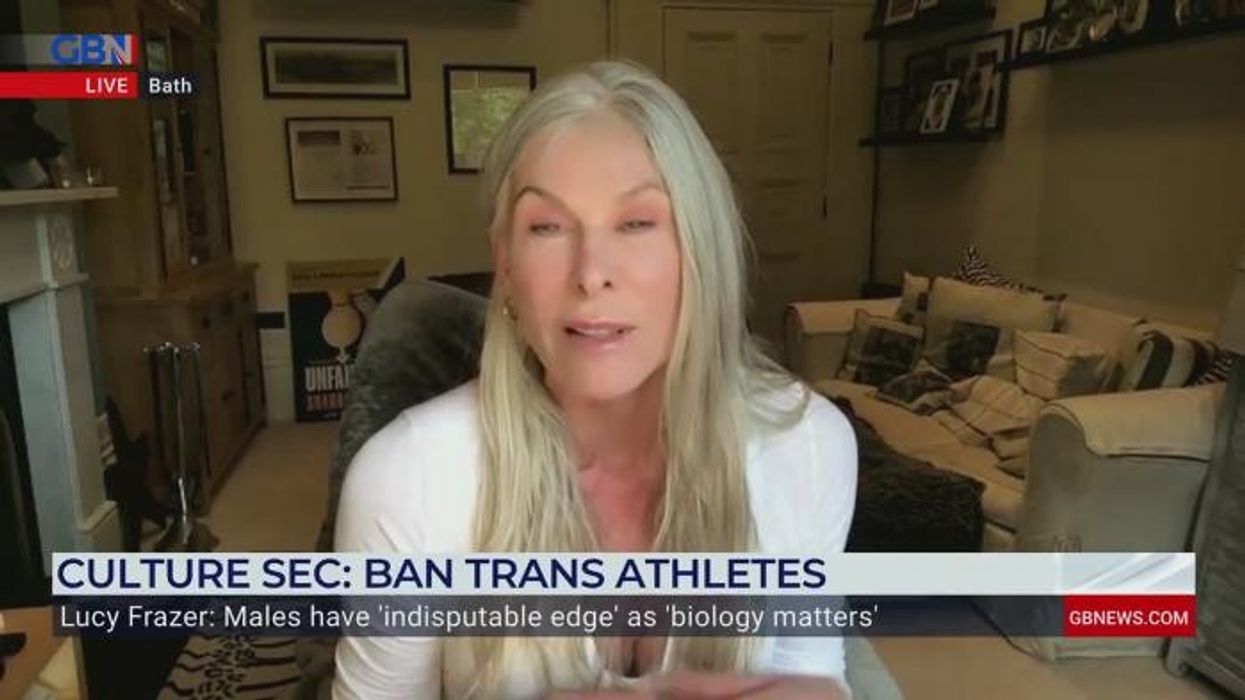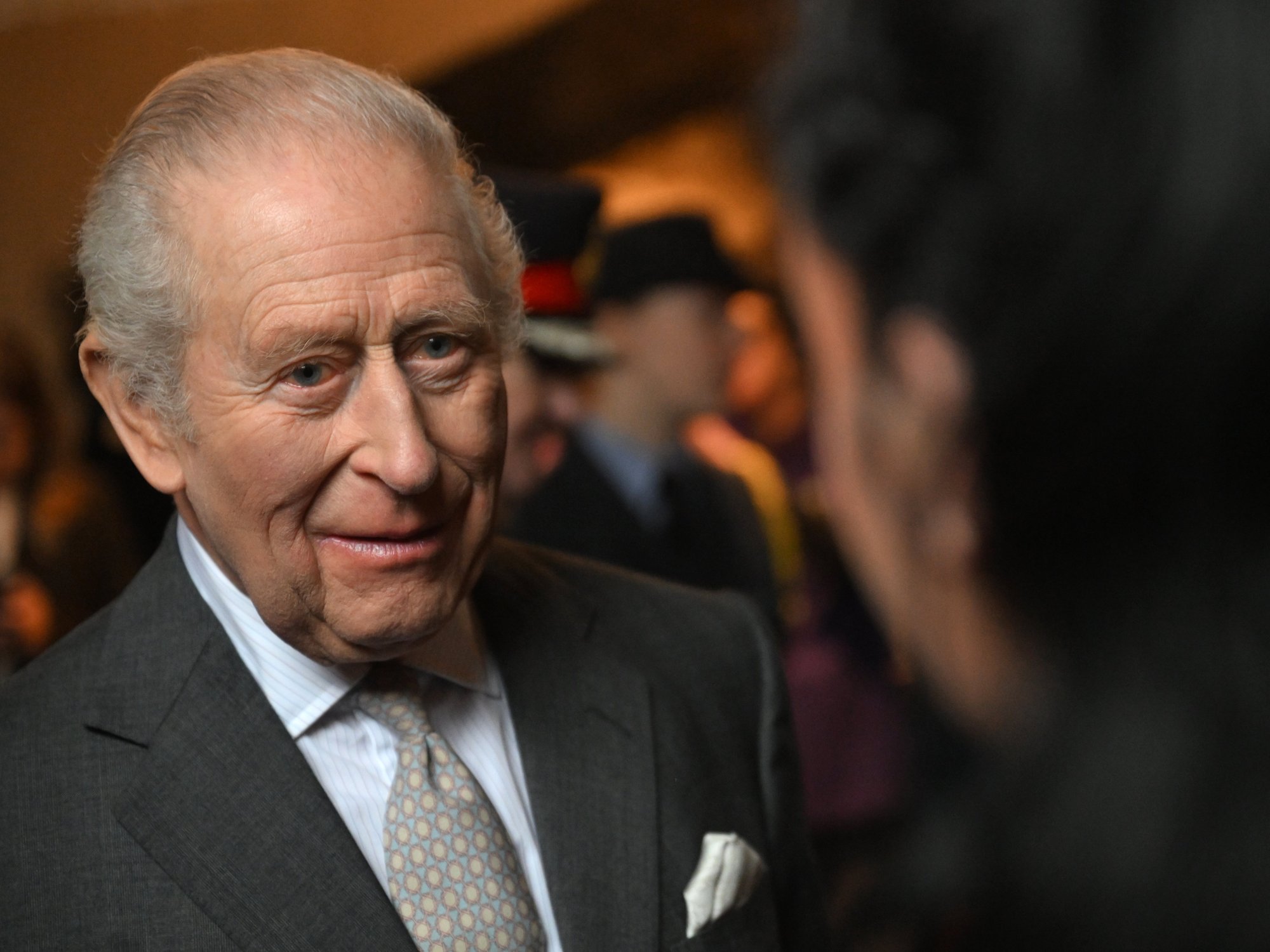Tennis chiefs come under fire for 'unlawful' decision on trans players
Campaigners have taken issue with the current policies
Don't Miss
Most Read
Latest
Campaign organisations have levelled allegations against Britain's tennis governing body, claiming its guidance violates the law by promoting transgender women's participation in club-level female competitions.
The controversy centres on the Lawn Tennis Association's policy framework, which activists argue contradicts legal standards established by the Supreme Court's April ruling on biological sex definitions.
The tennis body introduced new regulations in January that prohibited transgender women from participating in women's categories at most national-level competitions.
However, these restrictions excluded social tournaments and championship events organised internally by tennis clubs, where numerous female amateur players regularly compete.

Sharron Davies was left fuming by the rules laid out by the LTA
|PA
"Most people are unaware that the LTA is encouraging clubs to adopt a policy that exposes them to risk of litigation," stated Su Wong from SEEN in Sport, a group opposing the current guidelines.
Former Olympic swimmer Sharron Davies, a prominent advocate for single-sex women's sport, condemned the position on X, calling it "insane & illegal".
The updated transgender and non-binary participation policy determined that individual clubs should decide whether transgender women could enter these internal "non-specified competitions".
The guidance actively promotes inclusivity, stating: "We strongly encourage venues to start from a presumption of being inclusive for trans and non-binary players by ensuring they provide competitive opportunities which allow them to take part in the category which matches their gender identity."
READ MORE: John Fury demands Tyson Fury retirement U-turn after big boxing announcement

The LTA are facing backlash for their policy on transgender athletes
|PA
The policy asks organisers to weigh priorities at grassroots level, considering whether absolute competitive fairness or enabling transgender people to compete according to their gender identity takes precedence.
Activists opposing the guidance point to the Supreme Court's determination in April that the Equality Act 2010 defines "man" and "woman" according to biological sex.
Following this verdict, numerous sports organisations revised their transgender inclusion policies to exclude transgender women from female categories.
LATEST SPORTS NEWS:
Wong argued that the tennis body promotes self-identification by sex, which lacks recognition in UK legislation and hasn't been adjusted after the Supreme Court's decision.
"'Inclusion' somehow never includes the women who want to play single-sex sports," Wong added.
She questioned why the organisation doesn't acknowledge that transgender players already have access to competitions matching their biological sex and mixed-sex categories, suggesting efforts should concentrate on fostering acceptance within those existing frameworks.
The Equality and Human Rights Commission indicated it would provide future clarification on single-sex competitive sports regulations.
A high-ranking LTA official disputed claims that the Supreme Court's decision mandates sports organisations to exclude transgender women from all female categories, including recreational activities.
The source emphasised that clubs require autonomy in establishing their own transgender inclusion policies for various circumstances.
They argued it would be "nonsensical" to prevent LGBTQ-focused clubs from hosting inclusive competitions for transgender and non-binary participants.

Tennis Clubs have the option of allowing trans players to compete
|PA
The official also highlighted that comprehensive bans would prevent transgender women from competing in their identified gender category entirely, even when other participants welcome their involvement.
An LTA spokesperson confirmed to The Times: "A policy which allows clubs the freedom to make their decisions locally is compliant with the law."
They added the organisation would maintain ongoing policy reviews, particularly regarding future government guidance and recommendations from relevant public bodies.











